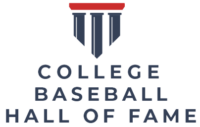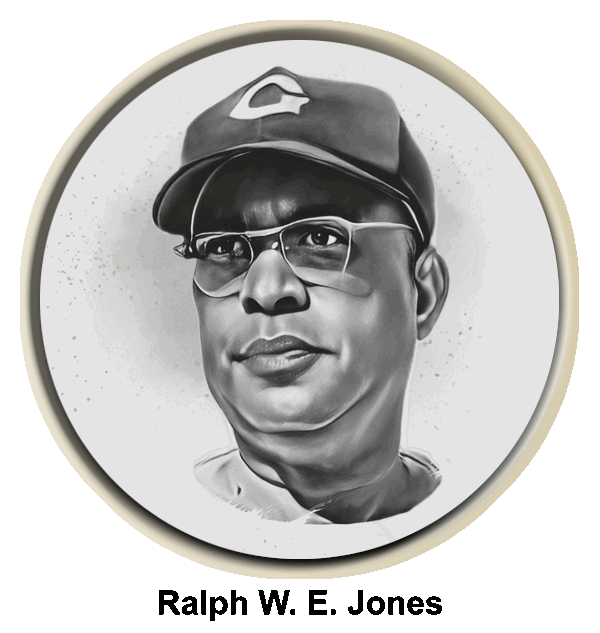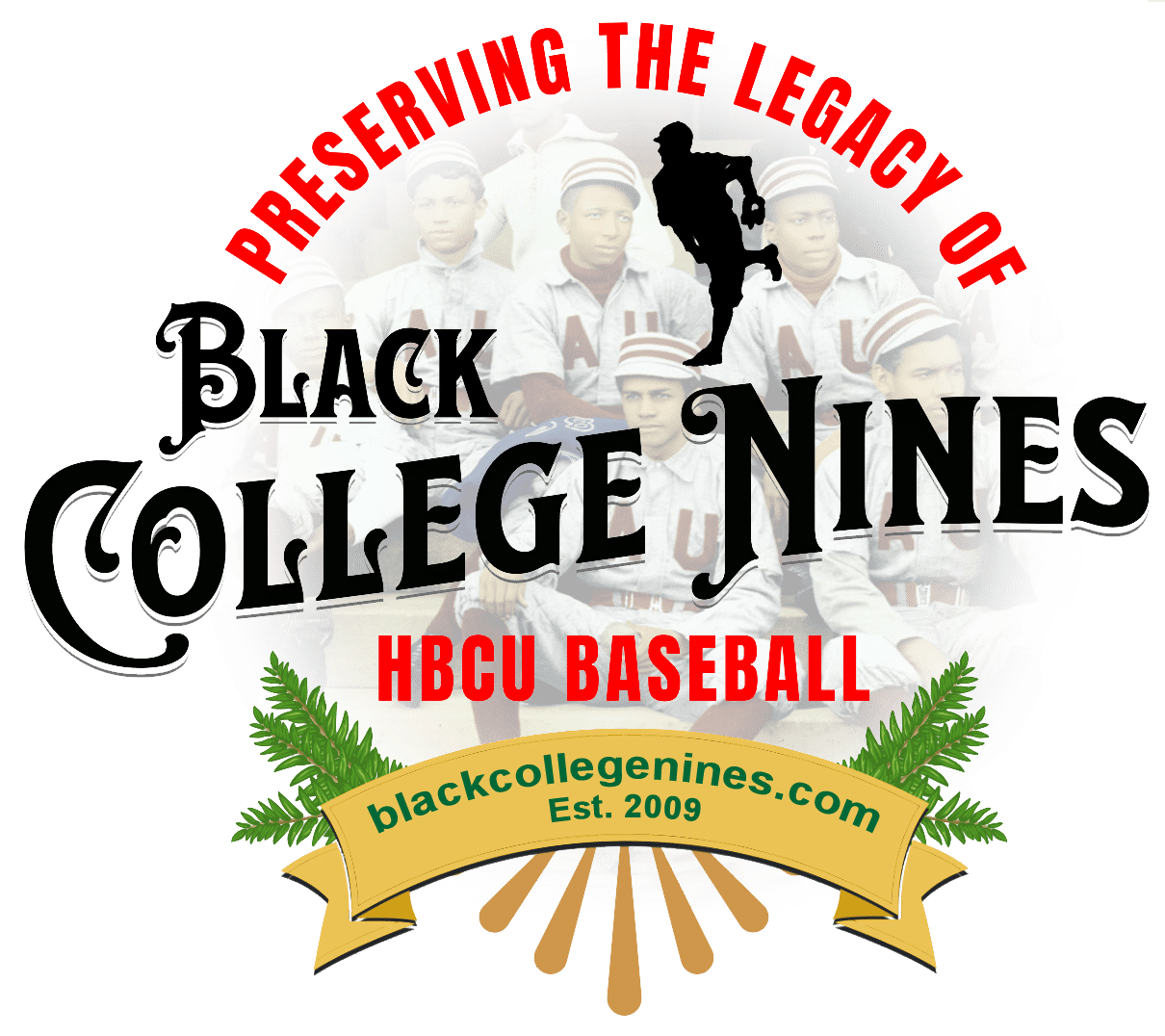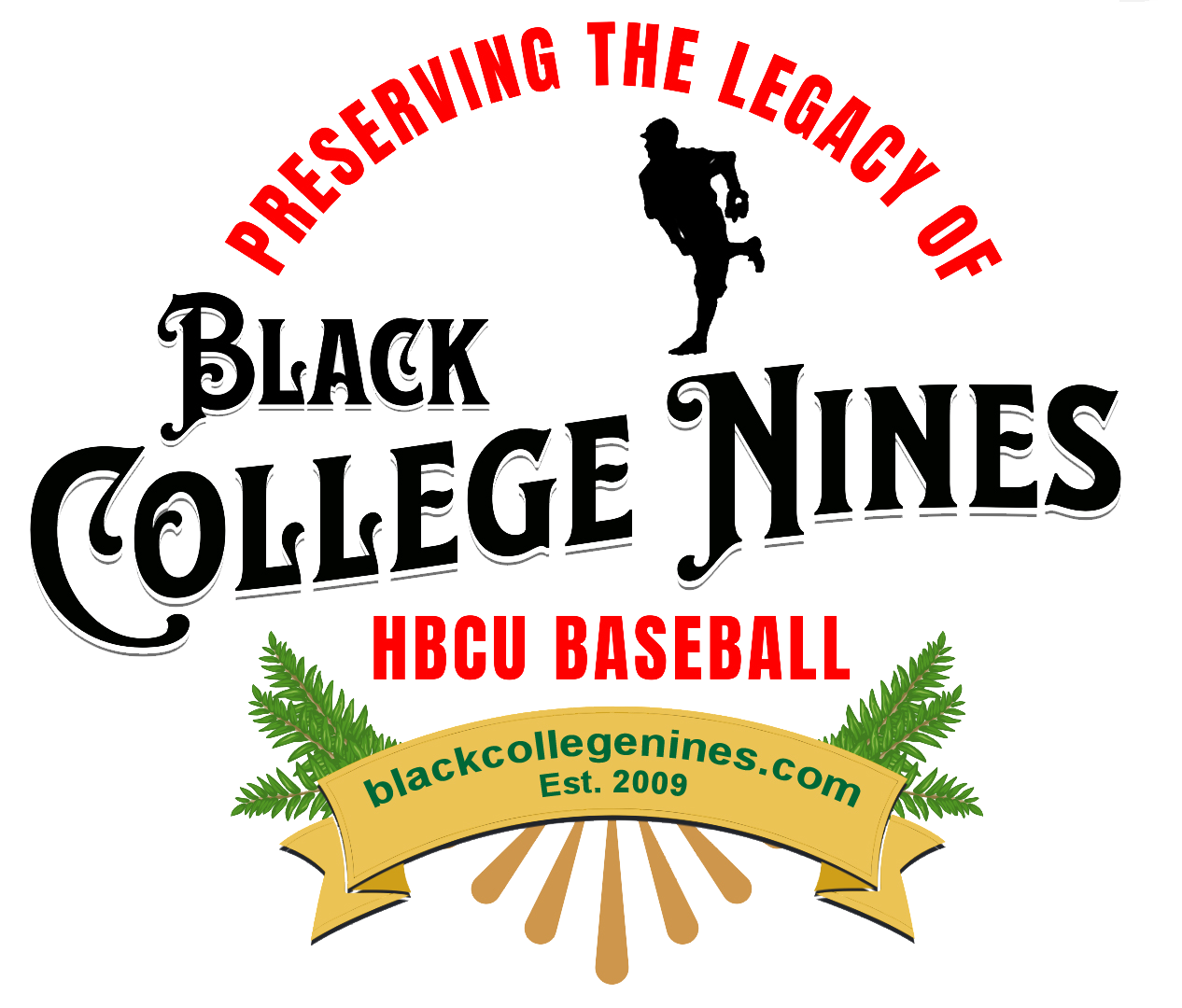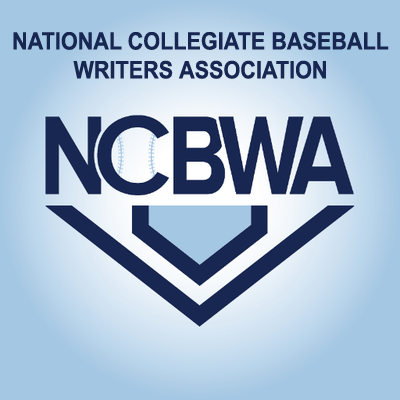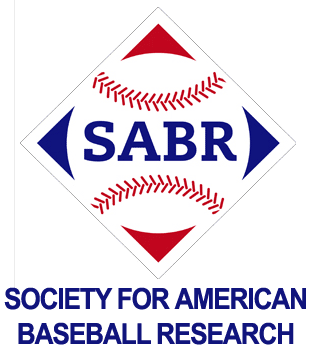Today, legends are born and perpetuated much easier than ever before.
In a world before the internet and even further back to a time without television, heroes were created with the recording of their exploits by newspaper writers and radio broadcasters.
The task of earning a national reputation was more difficult back in the early part of the twentieth century, when word of ones accomplishments reached fewer eyes and ears. And those it reached, often received the news only after the tedious and time consuming process of getting the word onto paper or on the air.
Much of the credit for making stars of those early-day HBCU athletes goes to the sportswriters at African American newspapers like the Chicago Defender, Pittsburgh Courier, Philadelphia Tribune and the Baltimore Afro-American.
 One such legend was Harry “Wu Fang” Ward of Wilberforce College. (Sidebar…now known as Wilberforce University, the city of Wilberforce, Ohio was both an important stop and destination on the Ohio Underground Railroad and the school is the oldest private, historically black university in the country).
One such legend was Harry “Wu Fang” Ward of Wilberforce College. (Sidebar…now known as Wilberforce University, the city of Wilberforce, Ohio was both an important stop and destination on the Ohio Underground Railroad and the school is the oldest private, historically black university in the country).
Harry Ward’s exploits in football, basketball, track and baseball were well documented in the black newspapers of the day. His nickname, “Wu Fang” added that much more color to the headlines. Whether it be, as reported, that he had a Chinese relative or because it was the name of one the popular film and comic book characters of the first quarter of the twentieth century, Ward’s nickname brought attention to the lore and legend he was in the late 1920s.
 In football, Harry Ward was without question, the star of the Wilberforce eleven. Leading the way as both the team’s fullback and kicker, Ward single-handedly won many a game against such black college powerhouses of the day like Lincoln University of Pennsylvania, Tuskegee of Alabama and Bluefield of West Virginia.
In football, Harry Ward was without question, the star of the Wilberforce eleven. Leading the way as both the team’s fullback and kicker, Ward single-handedly won many a game against such black college powerhouses of the day like Lincoln University of Pennsylvania, Tuskegee of Alabama and Bluefield of West Virginia.
In 1925, the Pittsburgh Courier began selecting a college All-American football team and continued being the ultimate source for identifying top black college talent for the next five decades. Harry Ward had the honor of being picked for the fullback position on the Courier’s very first team of All-Americans.
Basketball was the sport that occupied Wu Fang Ward’s time and all-around athletic talent between football and baseball seasons, with an occasional interruption to run indoor track. The sprints, long jump and both the discus and shot put were Ward’s specialties.
 While his accomplishments in basketball did not match his dominating success in football, it was basketball that took Ward the the farthest as a professional athlete. First playing with local teams in his hometown of Cincinnati, Harry Wu Fang Ward later joined the Homestead Grays basketball team which included a number of players on the Grays’ famous baseball teams.
While his accomplishments in basketball did not match his dominating success in football, it was basketball that took Ward the the farthest as a professional athlete. First playing with local teams in his hometown of Cincinnati, Harry Wu Fang Ward later joined the Homestead Grays basketball team which included a number of players on the Grays’ famous baseball teams.
Before Wu Fang Ward left the Big Green of Wilberforce College in 1931, he also made a name for himself on the baseball diamond and again in the headlines as a power hitting outfielder.

Ward (front row right ) with the Homestead Grays
Following college, Ward played with the local black semi-pro baseball club, the Cincinnati Tigers, in 1934 and 1935 and faced a number of Negro League teams like the Memphis Red Sox and Nashville Elite Giants. In 1937, the Tigers joined the Negro American League, but disbanded after one season.
After his baseball career ended, Harry Ward worked as an umpire in the Cincinnati area and worked the 1945 Negro League East-West All-Star game, which featured Jackie Robinson and Roy Campanella.

